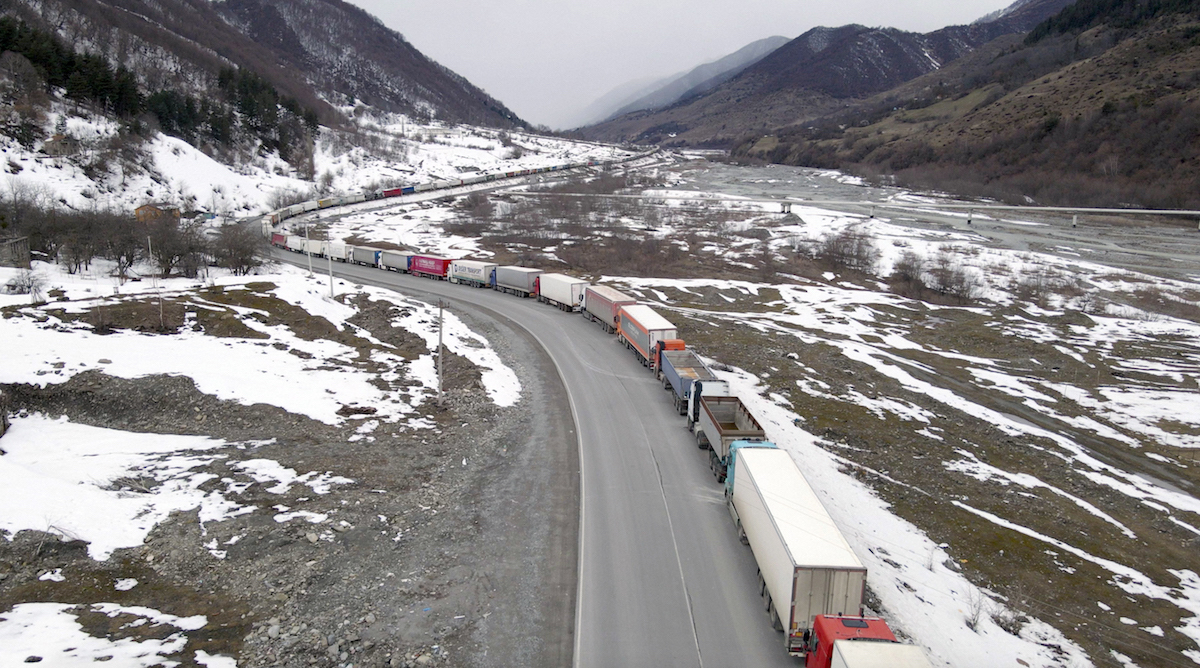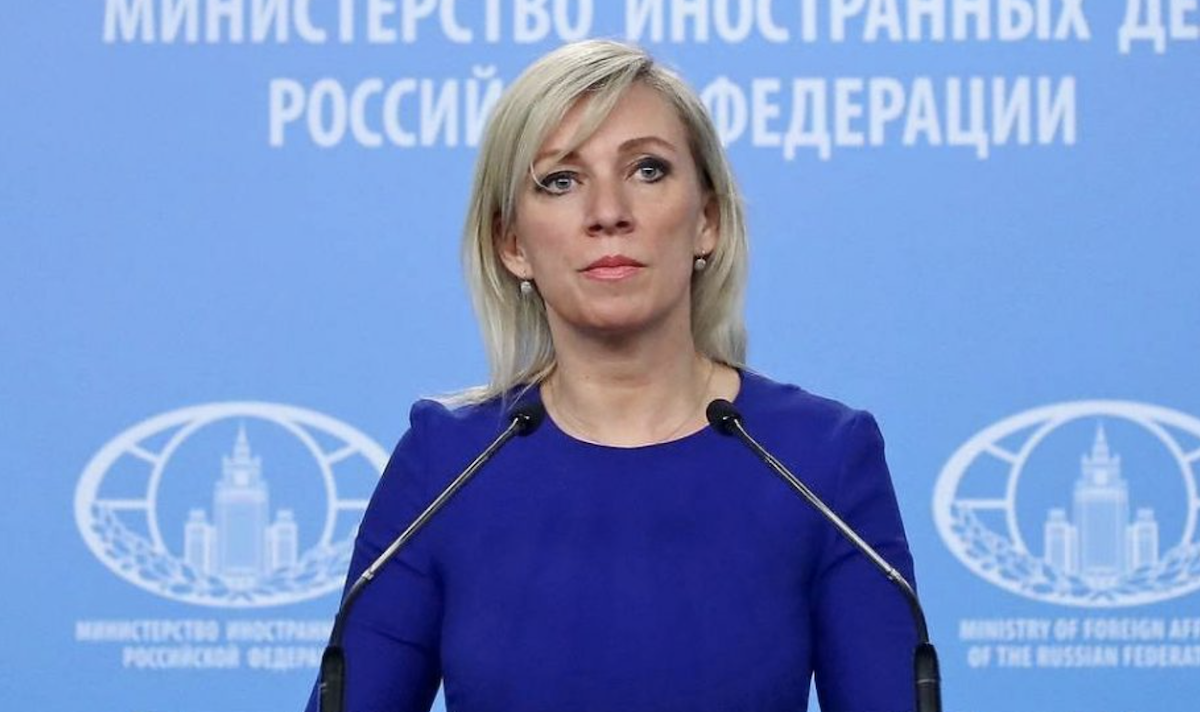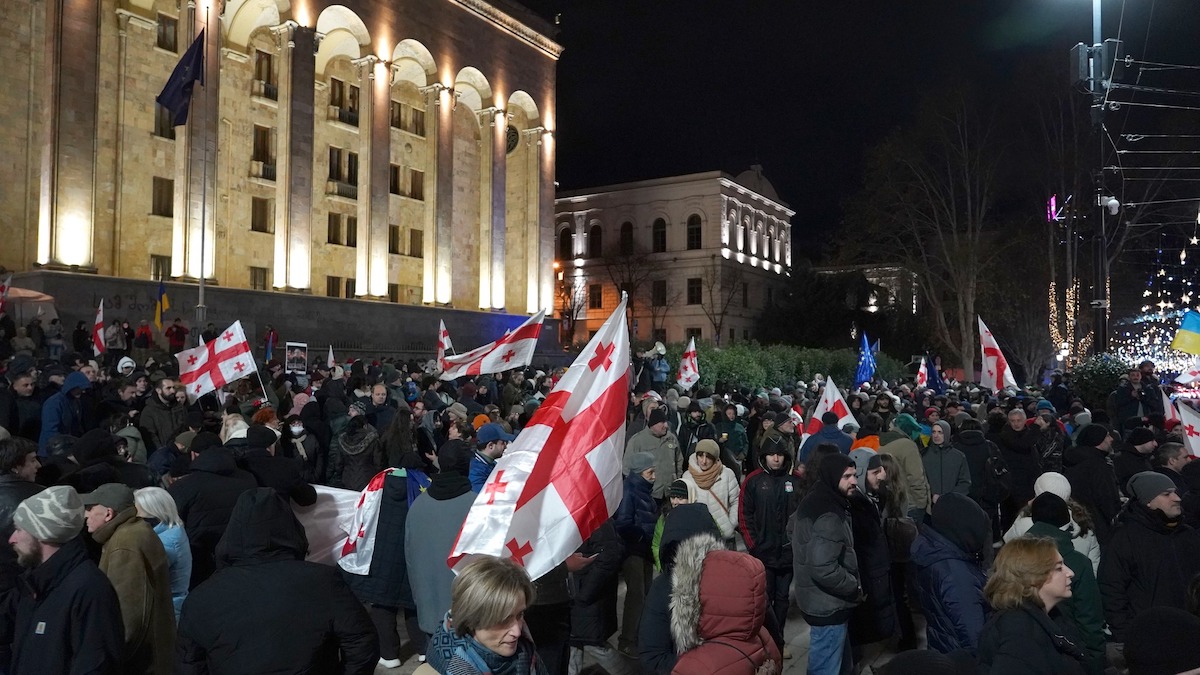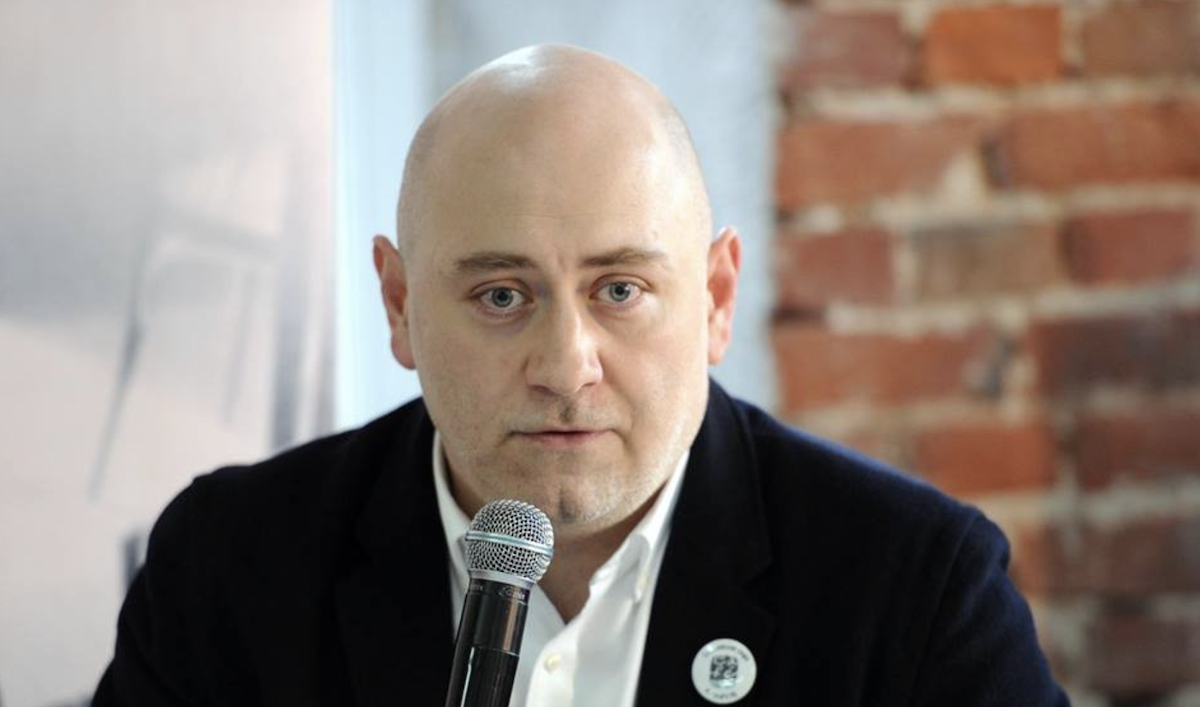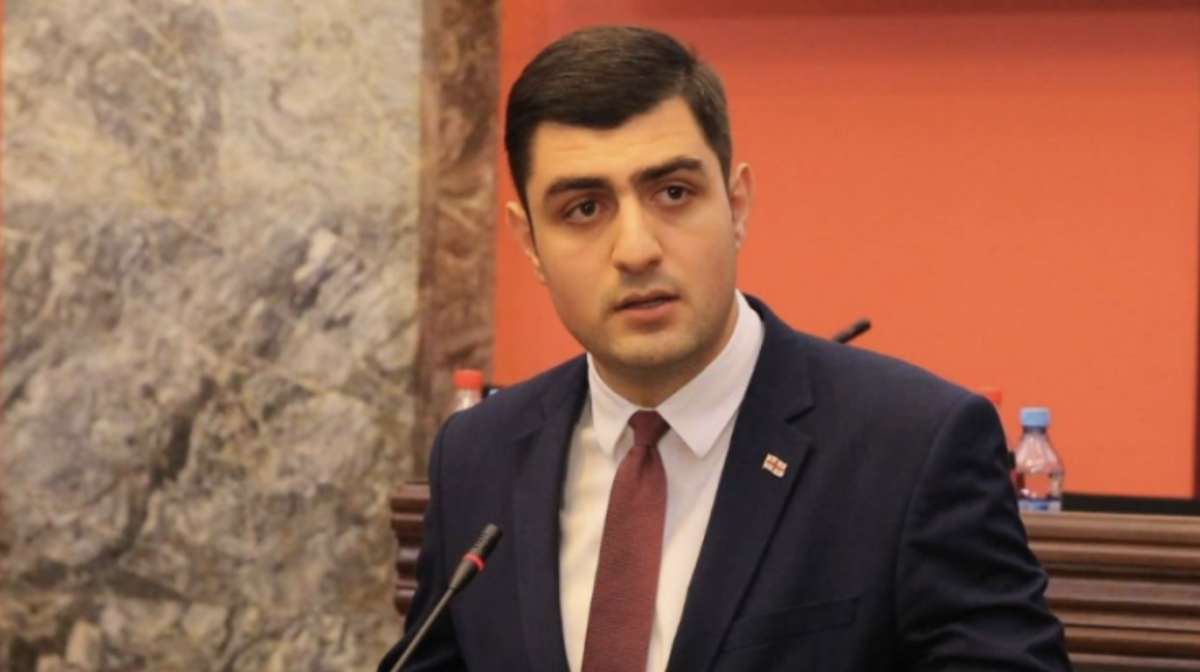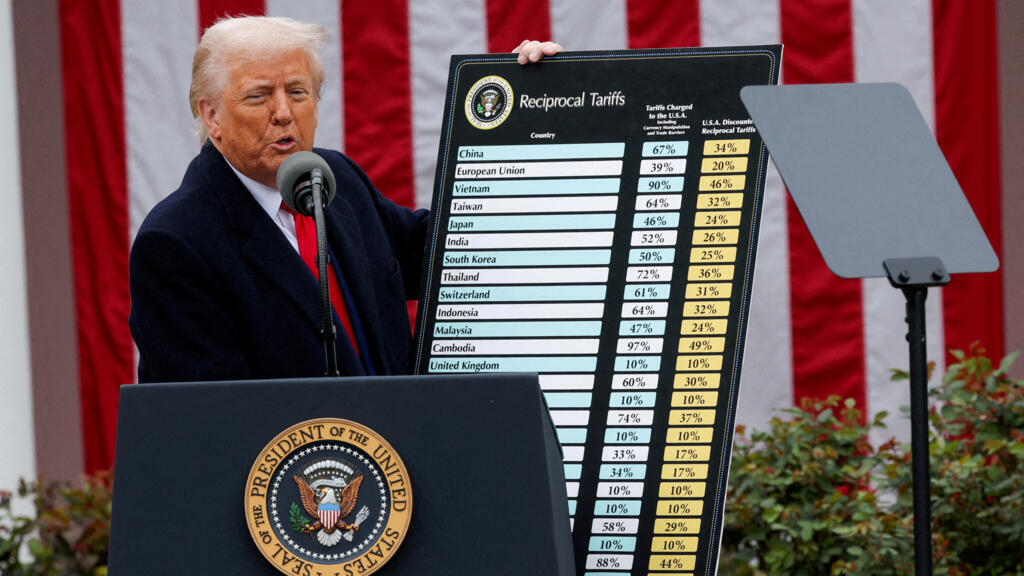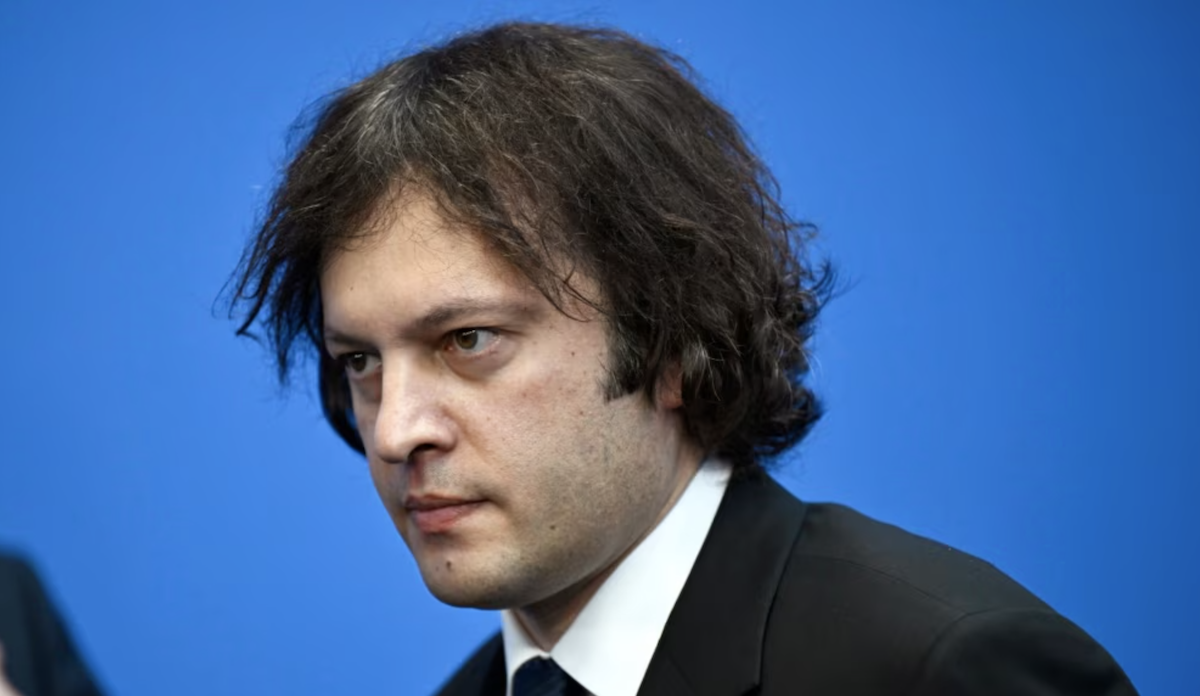Opinion: 'Unblocking communications in Caucasus carries risks'
Unblocking in Caucasus: Armenian analyst on risks
“In 2024, uncertainty in the South Caucasus persisted, and possibly even increased. This is due to the process of normalising Armenian-Azerbaijani relations, as well as developments unfolding in Georgia. Both processes involve geopolitical layers and elements of global competition, which negatively impact the region and further exacerbate risks,” says political analyst Armen Petrosyan.
According to him, the process of unblocking communications in the South Caucasus carries the greatest risks, as it sharply highlights the conflict of interests among all parties involved.
- ‘Yerevan sees risk of further escalation’: views on the Pashinyan-Aliyev remote dialogue
- What could push Baku to sign peace agreement with Armenia?
- Aliyev unwilling to pursue peace or strategic deal with Armenia: expert in Yerevan
Yerevan sent proposal to Baku but has yet to receive response
“We have submitted our proposal to Azerbaijan in writing,” said Armenian Prime Minister Nikol Pashinyan. It is known that the proposals were handed over after the Aliyev-Pashinyan talks in Kazan.
The Armenian Prime Minister is confident that, on the issue of unblocking regional communications, Yerevan and Baku can reach “mutually acceptable solutions.”
The details of Armenia’s proposal are unknown. Both Pashinyan and other government members have only stated that it is based on the principles outlined in the “Crossroad of Peace” project.
“I know what the proposals are, but there has been no official response yet, and I would not like to reveal their content,” said Vice Prime Minister Mher Grigoryan a week ago.
He reiterated that Armenia is highly interested and ready to unblock communications “on very clear but dogmatic rules — based on the sovereignty and jurisdiction of the territories.”
Armenian authorities have repeatedly stated that “sovereignty and jurisdiction, reciprocity, and equality” are the four principles upon which the country is ready to begin the process of unblocking.
At the same time, Azerbaijan periodically updates and promotes its demand for the provision of an extraterritorial road to connect with Nakhchivan, which is referred to as the “Zangezur Corridor.” This is a red line for Yerevan. Pashinyan and his entire government categorically reject the possibility of providing communications that would result in the loss of sovereign control over that territory.
After the signing of the trilateral statement on November 9, 2020, which stopped the war in Nagorno-Karabakh, a working group was formed to unblock regional communications. The co-chairs of the commission were the vice prime ministers of Armenia, Russia, and Azerbaijan. After June 2023, the process stalled, and the commission ceased to hold meetings. Moscow periodically states that unblocking is only possible with Russia’s participation. However, in fact, Moscow no longer participates in Armenian-Azerbaijani negotiations on this issue. For some time, Yerevan and Baku discussed unblocking within the framework of a peace treaty..
However, in August 2024, Azerbaijan announced that, by mutual agreement, the article regarding communications was excluded from the draft agreement
After that, experts claimed that Armenia presented Azerbaijan with a new proposal: to allow a foreign private company to control the road. This is an acceptable option for Yerevan. Baku has not yet expressed its position.
Political analyst Armen Petrosyan
Azerbaijan “continues to put forward various artificial reasons and refuses to normalize relations” with Armenia, says political analyst Armen Petrosyan:
“Baku also refuses to allow external players the opportunity to try to influence the processes in the region. But it is noticeable that Russia, recently, at the political and propaganda level, is again raising the agenda of the November 9, 2020 format [meaning it insists on its participation and demands control over communications]. There is also noticeable activity from Turkey. Along with promoting Azerbaijan’s interests, Turkey is trying to influence regional processes as a whole. Certain activity is expected from the new US administration as well.”
Petrosyan sees a conflict of interests not only over the signing of a peace treaty but also over “the most complex and risky issue,” namely the unblocking of communications:
- “Azerbaijan seeks unblocking according to the corridor logic [the term ‘corridor’ implies Armenia losing control over its territory],
- Turkey wants the unblocking process to align with Azerbaijan’s interests, while also requiring stable communication with the Turkic world, that is, access to Central Asian countries,
- Iran wants this corridor to pass through its territory,
- Russia wants the section of the road passing through Armenian territory to be under its control,
- The US aims for there to be no Russian control and for Iran’s territory not to be used.”
The analyst reminds that Yerevan has repeatedly expressed its readiness to unblock communications and even developed the “Crossroad of Peace” project.
“However, Baku speaks of the ‘Zangezur Corridor,’ promoting, together with Ankara, the corridor logic. As long as the most sensitive issue of unblocking roads in the region remains unresolved, naturally, competition and the promotion of various projects remain relevant,” he emphasized.
According to Armen Petrosyan, to unblock communications within Armenia’s interests, the authorities must actively promote their “Crossroad of Peace” project and gain “greater approval from international partners.” To achieve this, he suggests continuing to actively inform about its existence and advantages.
Unblocking in Caucasus: Armenian analyst on risks











